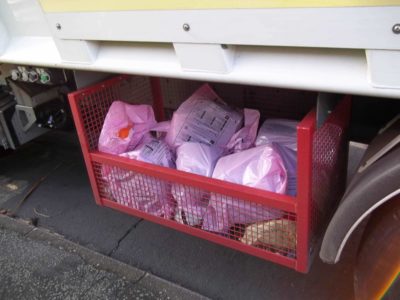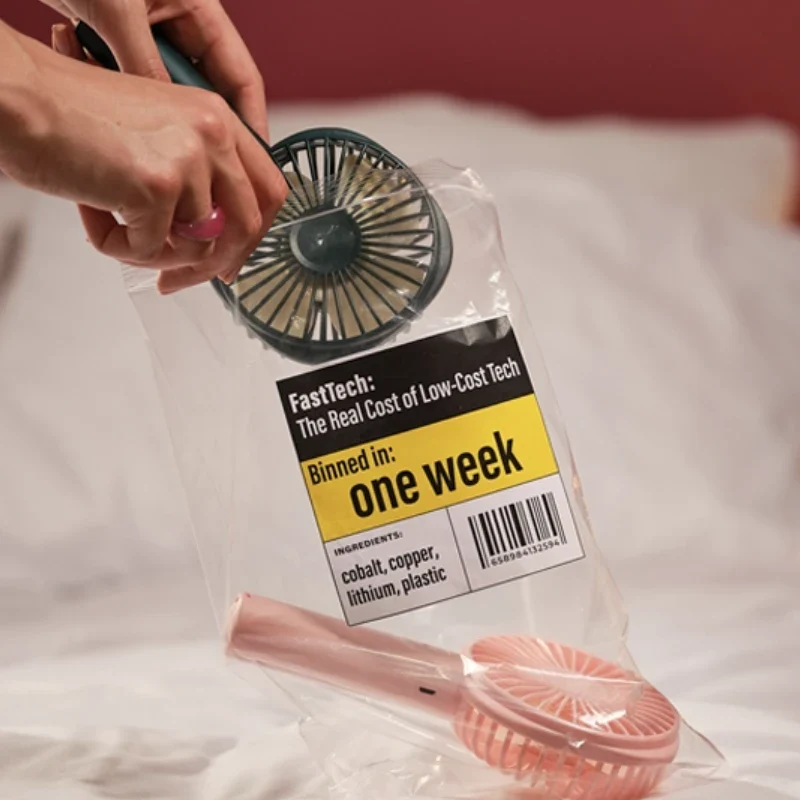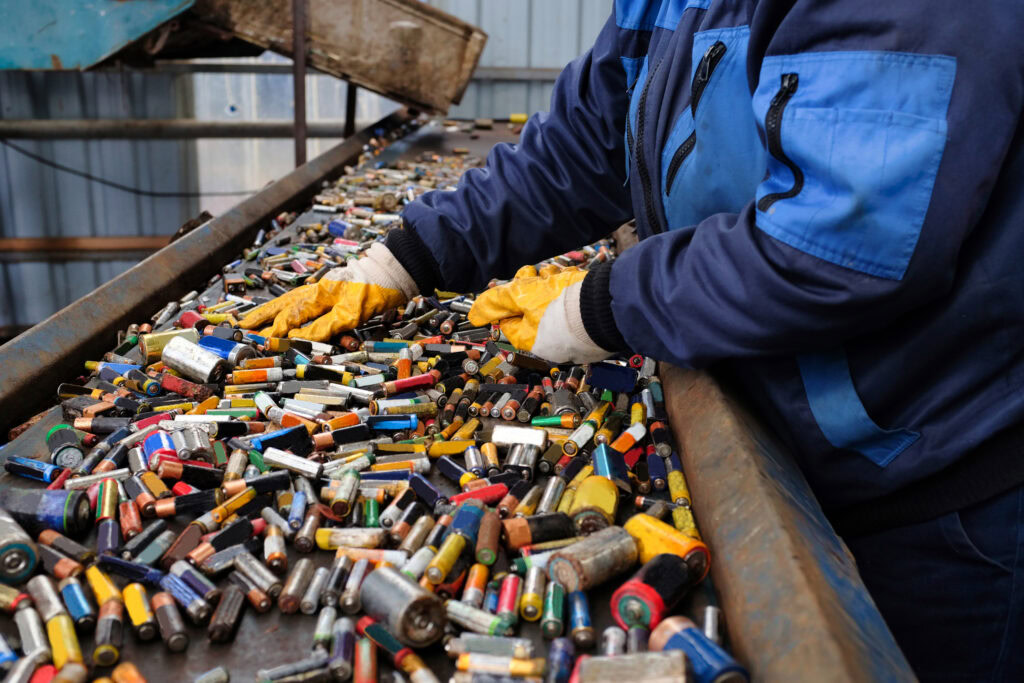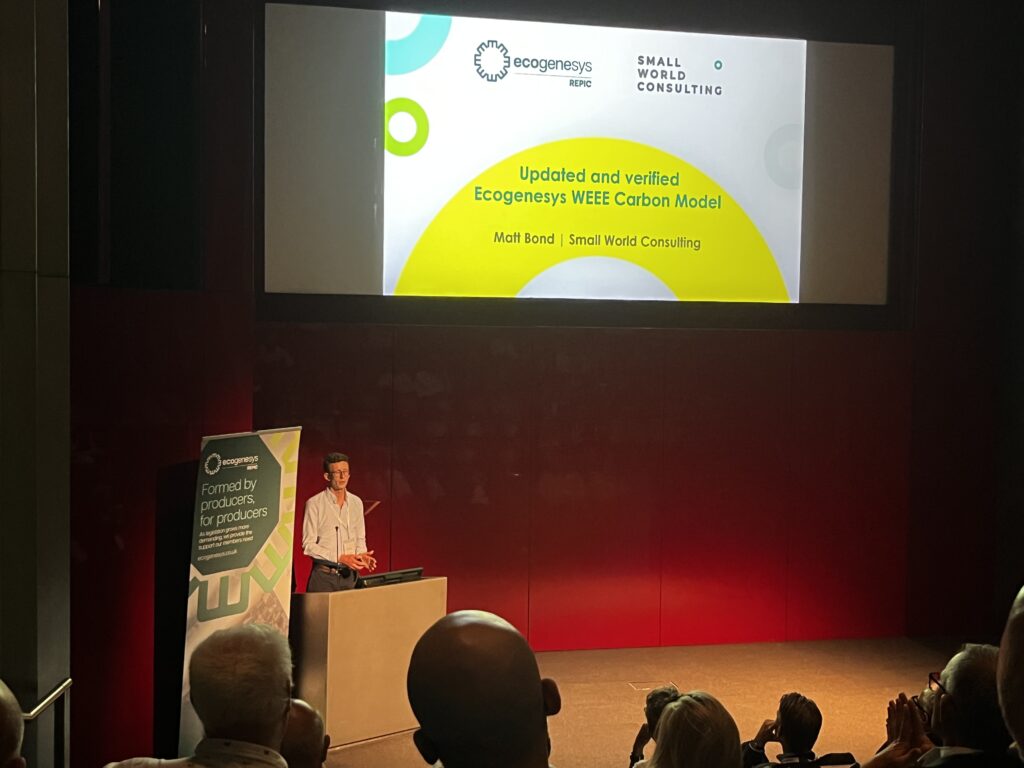A further £9.9 million per year would be required in operating costs.
The research was published on 8 July. It was commissioned by Material Focus, the not-for-profit organisation funded by the WEEE compliance fee, and conducted by the Oakdene Hollins consultancy in partnership with Suez (see letsrecycle.com story).

Material Focus said a kerbside service could collect 99,000 tonnes of waste electricals each year, 64% of the 155,000 tonnes currently thrown away in the UK.
Scott Butler, Material Focus’s executive director, said: “This research has highlighted that kerbside collections could have a key role to play in making it easier to recycle your electricals, alongside other initiatives.
“The modelling in the research provides the first comprehensive review of what it could cost to collect small electricals directly from every UK household.”
Material Focus said the findings from the research would feed into the upcoming review of the UK’s WEEE regulations, to take place during 2021.
Research
Oakdene Hollins carried out two online surveys amongst local authorities and waste contractors across the UK. The surveys assessed the various methods of collecting WEEE in areas with existing services, the costs of operating these services, and the tonnages of electricals collected.

The consultancy received 66 responses from a mix of local authorities and waste partnerships, representing 80 local authorities overall. Of these, 46 currently operate a kerbside collection service for small electricals.
The costs of scaling up existing kerbside collections of electricals were modelled to estimate UK-wide setup and operation and to forecast collection capacity, volumes and CO2 emissions. Costs and capture rates of dedicated ‘separate pass’ vehicles were also modelled, both to augment existing collection models and as a standalone option.
Review
The Department for Environment, Food & Rural Affairs (Defra) committed to consult on reviewing the WEEE Regulations in the Resources and Waste Strategy of 2018. It said it did so with a view to increasing collections and driving higher levels of reuse, among other objectives.
Defra said it indicated in its response to the Environmental Audit Committee’s report into electronic waste and the circular economy that it would consider doorstep collections for WEEE (see letsrecycle.com story).
“We hope the findings of this study will be useful during the forthcoming industry consultation on the WEEE Regulations”
Vivian Shi, senior technical consultant at Oakdene Hollins, said: “The research identified that there are a variety of kerbside collection methods for small mixed WEEE, and in some cases batteries, that a small proportion of local authorities are using to successfully collect waste electricals across the UK.
“We hope the findings of this study will be useful during the forthcoming industry consultation on the WEEE Regulations.”
Related links
A Review (Economic and Environmental) of Kerbside Collections for Waste Electricals








Subscribe for free